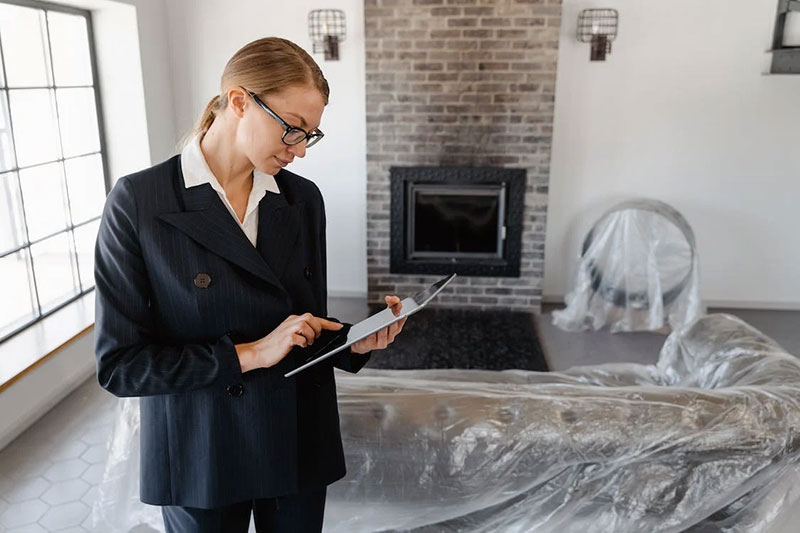Advertisement
Are you thinking of getting into property investing? If so, you’ll want to ensure that you have all the information you need to succeed. This guide will cover the basics you need to know about property investing, from the basics of how to get started to the more advanced strategies that can help you fully benefit from your investment.
So, if you’re interested to learn more about property investing, read on!
The Basics of Property Investing
If you’re new to property investing, you need to know a few things before you get started. Firstly, you need to understand what types of properties are available for investment. There are two main types of investment properties: residential and commercial.
Residential properties are used for living purposes, such as houses, apartments, and townhouses. Meanwhile, commercial properties are those that are used for business purposes, such as office buildings, retail stores, and warehouses.
Once you know what type of property you’re interested in investing in, you need to research the market to find out what’s available. This includes looking at factors such as location, price, and amenities.
You also need to have a clear idea of your investment goals. Are you looking to generate income through rental payments? Or are you hoping to sell the property for a profit down the line? Knowing your goals will help you choose the right property and invest in the right way.
Financing Your Property Investment
Property investing can be a great way to increase wealth and secure a financial future. But as with any investment, there are certain risks involved. One of the biggest risks is needing more money to finance your property investment.
If you’re thinking of investing in property, it’s essential to make sure you have a good grasp of the finance options available to you. There are various real estate professionals in whichever country you may live. If you’re in Australia, search with searchpartyproperty.com.au and other real estate resources. This will help you choose the right investment property and avoid any potential problems down the road.
Once you’ve found the perfect investment property, you need to consider how you will finance it. A few different options are available to you, such as taking out a loan or using your own savings.
If you’re considering taking out a loan, you’ll need to find a lender willing to give you a mortgage. This can be tricky, as lenders are often reluctant to lend money for an investment property. However, there are a few things that you can do to increase your chances of being approved, such as having a strong credit score and demonstrating that you have a good income.
If you’re using your own savings to finance your investment, you’ll need to make sure that you have enough money to cover the purchase price and any associated costs (such as stamp duty).
There are several ways to finance your property investment aside from the above options, such as mortgage and equity release. The most important thing is to do your research and speak to a qualified financial advisor before making any decisions.
Managing Your Property Investment
Once you’ve purchased your investment property, it’s important to think about how you will manage it. This includes everything from finding tenants and collecting rent, to maintaining the property and dealing with repairs.
If you’re not planning on living in the property yourself, you’ll need to find tenants willing to rent it from you. This can be done through online listings, word-of-mouth, or by working with a real estate agent.
It’s also important to set up a system for collecting rent. This will typically involve setting up a direct debit from your tenant’s bank account so that you always receive the rent on time.
Finally, you need to make sure that the property is well-maintained. This includes dealing with any repairs that are required, as well as undertaking regular cleaning and maintenance.
Selling Your Property Investment
If you’re looking to sell your investment property, then there are a few things that you need to do to get the best price possible. Firstly, it’s essential to make sure that the property is in good condition. This means carrying out any necessary repairs and giving it a fresh coat of paint if necessary.
It’s also a good idea to stage the property before putting it on the market. This involves making it look as appealing as possible so that potential buyers can see its potential.
Finally, you need to make sure that you price the property correctly. This means researching and finding out what similar properties have sold for in the past.

If you follow these tips, you’ll be on your way to success with your property investment. Just remember to take your time, do your research, and always put your tenants first.

